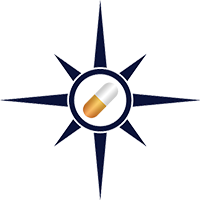



API Suppliers

US DMFs Filed

CEP/COS Certifications

JDMFs Filed
Other Certificates
Other Suppliers

USA (Orange Book)

Europe

Canada

Australia

South Africa
Uploaded Dossiers
U.S. Medicaid
Annual Reports






Impressions: 54752
https://www.pharmacompass.com/radio-compass-blog/top-drugs-and-pharmaceutical-companies-of-2019-by-revenues
Impressions: 2250
https://www.pharmacompass.com/radio-compass-blog/data-integrity-concerns-at-baxter-s-us-625-million-buy-in-india-did-pharma-bribes-fund-terrorism-in-iraq
Impressions: 3144
https://www.pharmacompass.com/radio-compass-blog/lundbeck-s-ceo-to-head-teva-pfizer-gets-fda-warning-letter-for-supplying-faulty-epipens
Impressions: 2757
https://www.pharmacompass.com/radio-compass-blog/gsk-google-form-first-bioelectronics-firm-11-generic-companies-benefit-from-the-teva-allergan-deal


